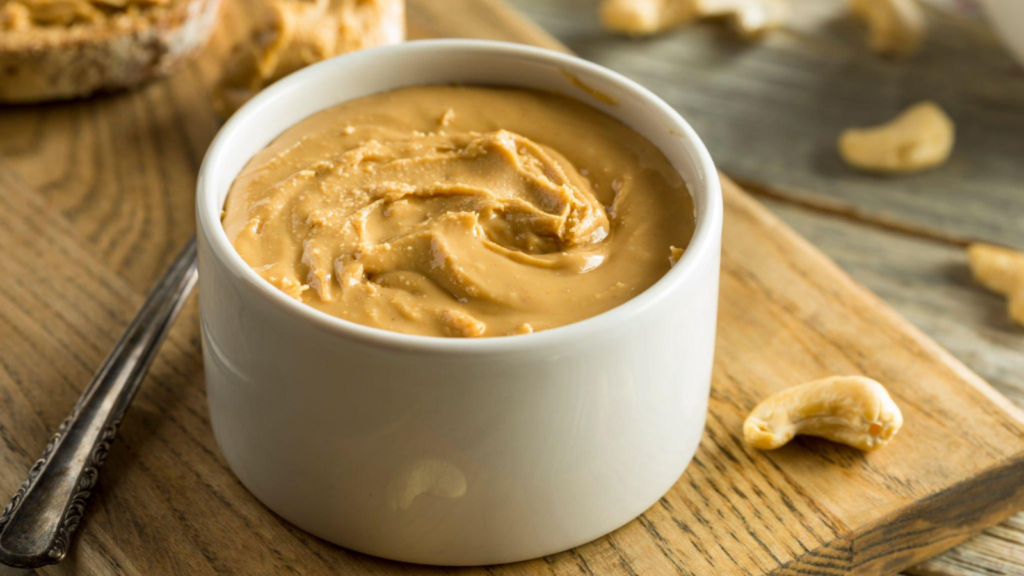Turkey sausage is often heralded as a healthier alternative to traditional pork sausage. But, is turkey sausage healthy? This article delves into the nutritional profile of turkey sausage, its potential benefits and drawbacks, and how it fits into a balanced diet. We will explore its ingredients, compare it to other sausages, and provide practical tips for incorporating it into your meals.
Understanding Turkey Sausage
Turkey sausage is made primarily from ground turkey meat, and it can be flavored with various spices and herbs. Many people choose turkey sausage because it tends to be lower in fat and calories compared to pork sausage. However, the specific health benefits can vary based on preparation methods and additional ingredients.
Nutritional Profile
Let’s start by comparing the nutritional content of turkey sausage versus pork sausage, which is a common reference point.
| Nutritional Value (per 100g) | Turkey Sausage | Pork Sausage |
|---|---|---|
| Calories | 150 | 300 |
| Total Fat | 8g | 25g |
| Saturated Fat | 2g | 9g |
| Protein | 20g | 15g |
| Cholesterol | 70mg | 90mg |
| Sodium | 600mg | 800mg |
The table highlights some key differences. Turkey sausage contains fewer calories and less fat, making it an appealing option for those watching their weight or fat intake.
Benefits of Turkey Sausage
- Lower in Calories and Fat: One of the most significant advantages of turkey sausage is its lower caloric and fat content. This makes it a suitable choice for those on a weight loss journey or anyone looking to maintain a healthy lifestyle.
- High in Protein: Turkey sausage is rich in protein, which helps build and repair tissues in the body. A diet high in protein can aid in muscle maintenance and support metabolic health.
- Versatile Ingredient: Turkey sausage can be used in various dishes, from breakfast scrambles to pasta sauces. Its versatility makes it easy to incorporate into your meal planning.
- Nutrient Density: In addition to being high in protein, turkey sausage also contains essential vitamins and minerals, including:
- Vitamin B6: Important for metabolism and brain health.
- Niacin: Supports skin health and digestion.
- Phosphorus: Essential for healthy bones and teeth.
Potential Drawbacks of Turkey Sausage
While turkey sausage has its benefits, there are some considerations to keep in mind.
- Sodium Content: Many commercially prepared turkey sausages can be high in sodium. Excessive sodium intake can lead to high blood pressure and other cardiovascular issues. Always check the label and opt for low-sodium varieties when possible.
- Processing: Processed meats, including turkey sausage, have been linked to certain health risks when consumed in large quantities. While turkey sausage is generally seen as healthier than pork sausage, it is still important to consume it in moderation.
- Additives and Preservatives: Some turkey sausages contain additives, such as nitrates and nitrites, which can be unhealthy. Look for brands that use natural ingredients and minimal processing.
How to Choose Healthy Turkey Sausage
When selecting turkey sausage, follow these tips for a healthier choice:
- Read Labels: Look for lower sodium options. Aim for less than 400 mg of sodium per serving.
- Check Ingredients: Choose products with minimal additives. Ideally, you want turkey, spices, and herbs without fillers.
- Opt for Lean Cuts: Choose products labeled as “lean” or “extra lean” to ensure lower fat content.
- Consider Organic Options: Organic turkey sausages typically have fewer additives and no antibiotics.
Cooking with Turkey Sausage
Turkey sausage can be prepared in multiple ways, making it easy to integrate into your diet. Here are some simple recipe ideas:
Breakfast Turkey Sausage Patties
- Mix ground turkey with salt, pepper, and your favorite herbs.
- Form into patties and cook in a non-stick skillet until browned.
Turkey Sausage Stir-Fry
- Slice turkey sausage and sauté with bell peppers and onions.
- Serve over brown rice or quinoa for a nutritious meal.
Turkey Sausage Pasta
- Brown turkey sausage in a pan.
- Add diced tomatoes and spinach; simmer until the spinach wilts.
- Toss with whole wheat pasta for a hearty dish.
Is Turkey Sausage Healthy for Weight Loss?
Turkey sausage can be a beneficial addition to a weight loss diet due to its lower calorie and fat content compared to traditional pork sausage. With roughly 150 calories and 8 grams of fat per 100 grams, it offers a high-protein option that helps promote satiety while supporting muscle maintenance. However, it’s essential to choose low-sodium varieties and be cautious about additives. Incorporating turkey sausage into meals can enhance flavor without excessive calories, making it a versatile ingredient in breakfast scrambles, salads, or pasta dishes. Overall, when consumed in moderation, turkey sausage is a healthy choice for weight management.
Is Turkey Sausage Processed?
Yes, turkey sausage is considered a processed meat product. While it is made primarily from ground turkey, it often contains added ingredients such as spices, flavorings, and preservatives to enhance taste and shelf life. Depending on the brand and type, turkey sausage may include additives like nitrates or nitrites, which have raised health concerns when consumed in large quantities. However, not all turkey sausages are heavily processed; some brands offer options with minimal additives and natural ingredients. To make healthier choices, it’s important to read labels carefully and opt for turkey sausages that prioritize quality and fewer processed ingredients.
Conclusion: Is Turkey Sausage Healthy?
So, is turkey sausage healthy? The answer is generally yes, but with some caveats. When enjoyed in moderation and chosen wisely, turkey sausage can be a lean source of protein with several nutritional benefits.
Key Takeaways
- Turkey sausage is lower in fat and calories than pork sausage.
- It provides a high protein content and essential nutrients.
- Be mindful of sodium levels and avoid overly processed options.
Incorporating turkey sausage into a balanced diet can be both delicious and nutritious. With the right choices, it can serve as a healthy protein option, contributing to a well-rounded meal plan. So next time you’re meal prepping or looking for a quick breakfast, consider reaching for turkey sausage!


